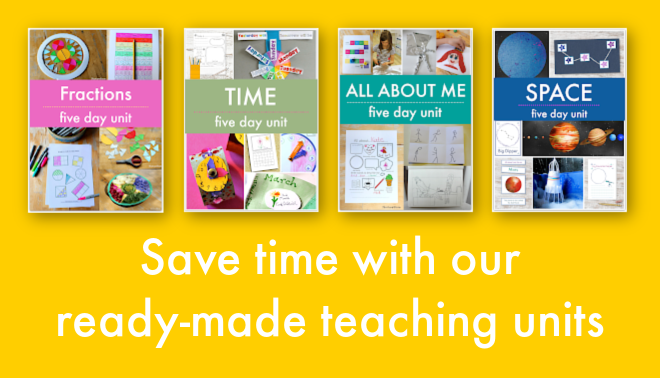Both of my daughters, at around the age of 3, gained a sudden awareness that they might get lost and not be able to find mummy or daddy when they were out. It’s a very scary thought for young children and quite natural for the realisation to come at around this age: they’re gaining an awareness now of the wider world, and taking little steps towards independence by staying places without a parent (such as pre-school) and wandering just a little further away when we’re at the park.
I think you tread a fine line talking about these issues with young children. On the one hand you need to answer questions they have, to re-assure them and give them confidence that they would know what to do if it did happen. On the other hand you don’t want to dwell on issues which might give them more fears or cause bad dreams, and which hopefully won’t happen anyway.
I have two books to recommend to you which we have found really helpful in exploring ‘being lost’. The first is Come on, Daisy!by Jane Simmons. This is suitable for ages 2-4 and tells how Daisy Daisy wanders off from Mama Duck and gets a little frightened by suddenly finding herself alone. The story has a happy ending and Daisy learns to stay close to Mama. The illustrations are beautiful and it’s a great book to read aloud.
The second book is more for 4- 6 year olds and features one of our favourite characters. It’s Little Rabbit Lost (Picture Puffin) by Harry Horse. You’ve just got to love Little Rabbit – he’s such a 4 year old! Full of independence and confidence but, as it turns out, not quite ready to face the big world alone. This story tells of a family trip to a rabbit amusement park where Little Rabbit wanders off alone. The details in the pictures are wonderful and the book provides a good way for your child to talk about Rabbit getting lost, and what he should have done.
These books have helped us tackle the issue of getting lost before it’s ever happened, to give the girls the chance to think through what it might be like and what they would do. We have three Golden Rules…
1. I will find them. Whatever happens they know I’m going to be coming to get them. This is to reassure them and try to help them not panic. Mummy will come.
2. Stay where you are. I tell the girls I will come to them, so they mustn’t wander out of the park or shop to try and find me (and perhaps put themselves in danger of a busy road).
3. Tell a grown-up. In a shop I’ve told them to tell the person at the till, in a park they could tell another mummy. We’ve talked about using a big clear voice to say ‘I’ve lost my mummy’ and practised how they’d answer the questions they might be asked.
Rather than scaring or upsetting them I’ve found these books and golden rules have empowered them – helping them feel more confident to cope if they did get lost. (But say a prayer that it never does.)
Have you talked about getting lost with your children? What Golden Rules do you have?
This post is happily shared with Babyrambles and the Keeping Children Safe carnival.




i have only really talked about this on a trip in to the city (we live in a village) or day trips out. I write my mobile number inside their coat or on a band round their arm and tell them to go find a grown up in a shop behind a counter or someone in the uniform of the place we are visiting and to say “I’m lost please call my mummy!” and show them the number…. they seem happy with this and thankfully we have not yet had to try it out!!
Loving your golden rules and the idea of a story we could read to raise this issue.
I have been teaching Red Ted to say our road and house number… only problem is, that most people don’t understand it even if we say it, will have to teach him to spell it #notlikely!!
But the “stay where you are” tip is really good. Will start telling him that too!
Thank you!
Maggy
Lost. Eeek! Such a parental fear. My lil H is just 3yo but such a big reader thanks for the book recommendation. x
What a great thing to post about. These books sound excellent Kathy. I thinks it’s always better to relate to kids in their terms so to tell a story about it is fab. Oliver is 4 in October and it’s certainly something I’ve been thinking about tackling. These books should really help. Thanks for the tips.
Kim
x